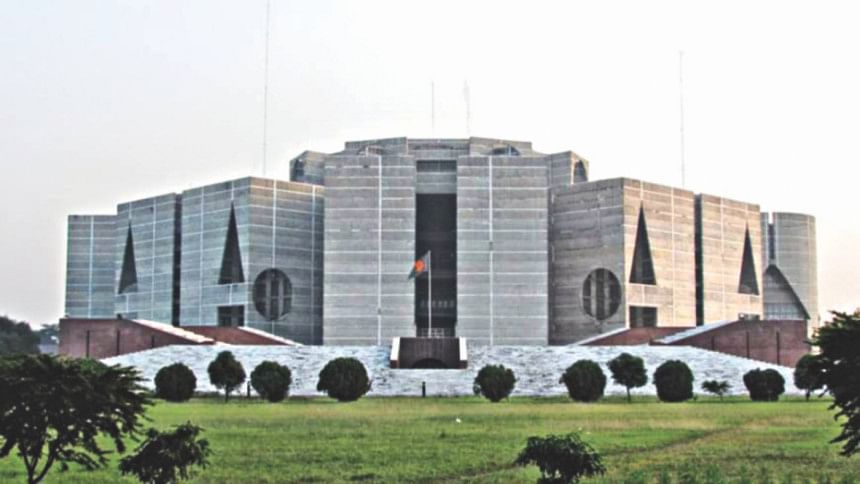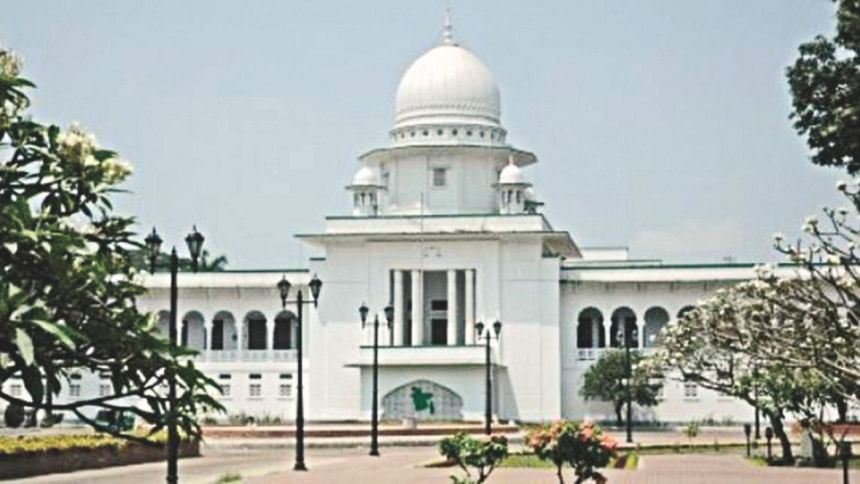Unconstitutional amendments

The Constituent Assembly adopted the Constitution of Bangladesh in 1972. As of now, a total of sixteen amendments has been made to the Constitution. At the same time, the Supreme Court of Bangladesh has declared five amendments out of the sixteen (5th, 7th, 8th, 13th and 16th) unconstitutional.
The Constitution (Fifth Amendment) Act, 1979 validated all amendments, additions, modifications, substitutions and omissions made in the constitution during the period between 15 August 1975 and 9 April 1979 by the Martial Law Authorities.
This amendment was declared unconstitutional in 2005 by the High Court Division in Bangladesh Italian Marble Works Ltd v Bangladesh (2006) BLT (Special) (HCD) 1. Subsequently, the Appellate Division upheld the decision of the HCD in Khondhker Delwar Hossain v Bangladesh Italian Marble Works Ltd and Others (2010) 62 DLR (AD) 298.

The Constitution (Seventh Amendment) Act, 1986 provided, among others, that all proclamations, proclamation orders, Chief Martial Law Administrator's Orders, Martial Law Regulations, Martial Law Orders, Martial Law Instructions, ordinances and other laws made during the period between 24 March 1982 and 11 November 1986 had been validly made.
This amendment was declared unconstitutional in Siddique Ahmed v Bangladesh (2011) 33 BLD (HCD) 84 by the High Court Division.
The Constitution (Eighth Amendment) Act, 1988 declared, among others, that Islam shall be state religion (Article 2A) and also decentralised the judiciary by setting up six permanent benches of the High Court Division outside Dhaka (Article 100).
Change in original Article 100 regarding the seat of the HCD was challenged and the Appellate Division in Anwar Hossain Chowdhury v. Bangladesh (1989) BLD (AD) (Special) 1 declared the amendment of Article 100 unconstitutional.
The Constitution (Thirteenth Amendment) Act, 1996 introduced a non-party Caretaker Government (CtG) system which, acting as an interim government, would give all possible aid and assistance to the Election Commission for holding the general election.
The vires of this amendment was questioned in Saleem Ullah v Bangladesh (2005) 57 DLR (HCD) 171, in which the HCD validated the CtG system. Subsequently, the decision was challenged in the Appellate Division which, in Abdul Mannan Khan v Bangladesh (2012) 64 DLR (AD) 1, decided against the HCD and by a four-to-three decision prospectively declared the Thirteenth Amendment unconstitutional.
The Constitution (Sixteenth Amendment) Act, 2014 gave power to the parliament to remove superior court judges if allegations of incapability or misconduct against them are proved.
The HCD declared this amendment unconstitutional in Asaduzzaman Siddiqui and Others v Bangladesh (Writ Petition No. 9989 of 2014; decision of 5 May 2016). The Appellate Division upheld the HCD's decision in Government of Bangladesh and others v Advocate Asaduzzaman Siddiqui and others (Civil Appeal No. 6 of 2017; decision of 3 July 2017).

 For all latest news, follow The Daily Star's Google News channel.
For all latest news, follow The Daily Star's Google News channel. 



Comments